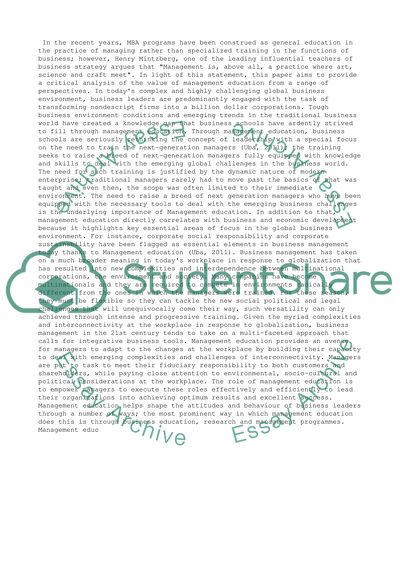Cite this document
(“Personal and Professional Development for Business Essay”, n.d.)
Retrieved from https://studentshare.org/business/1404001-personal-and-professional-development-for-business
Retrieved from https://studentshare.org/business/1404001-personal-and-professional-development-for-business
(Personal and Professional Development for Business Essay)
https://studentshare.org/business/1404001-personal-and-professional-development-for-business.
https://studentshare.org/business/1404001-personal-and-professional-development-for-business.
“Personal and Professional Development for Business Essay”, n.d. https://studentshare.org/business/1404001-personal-and-professional-development-for-business.


